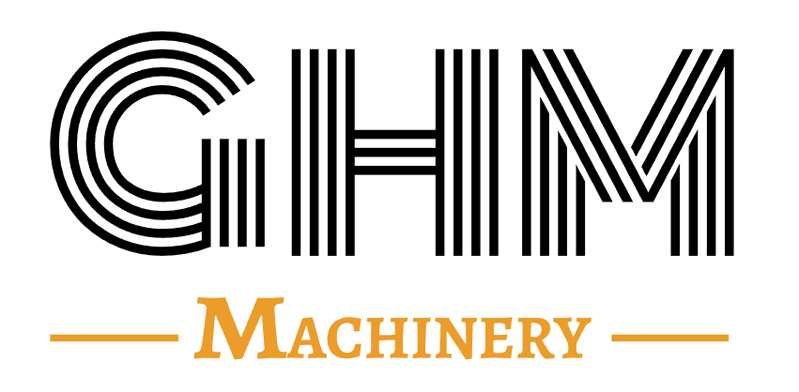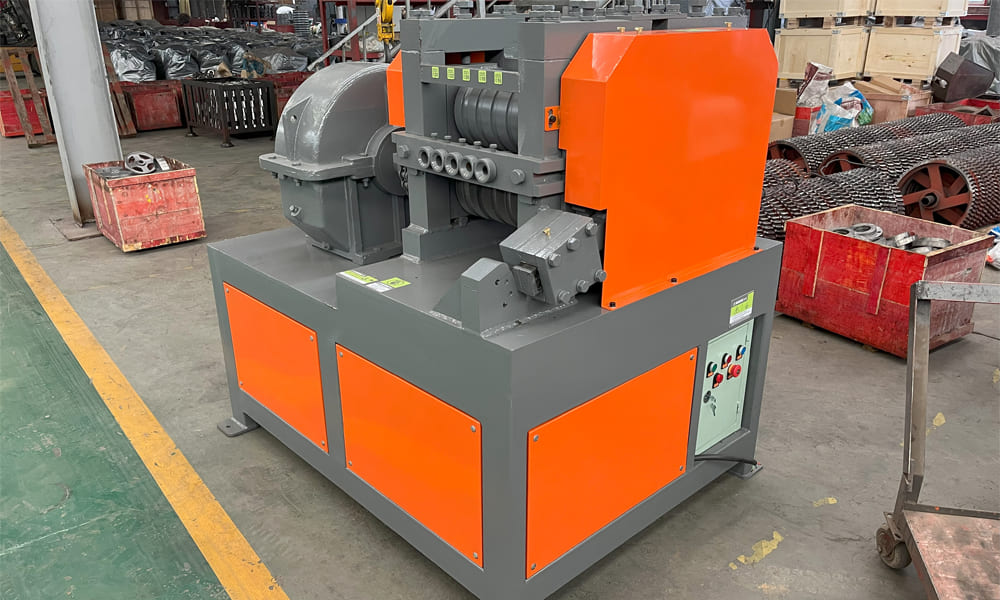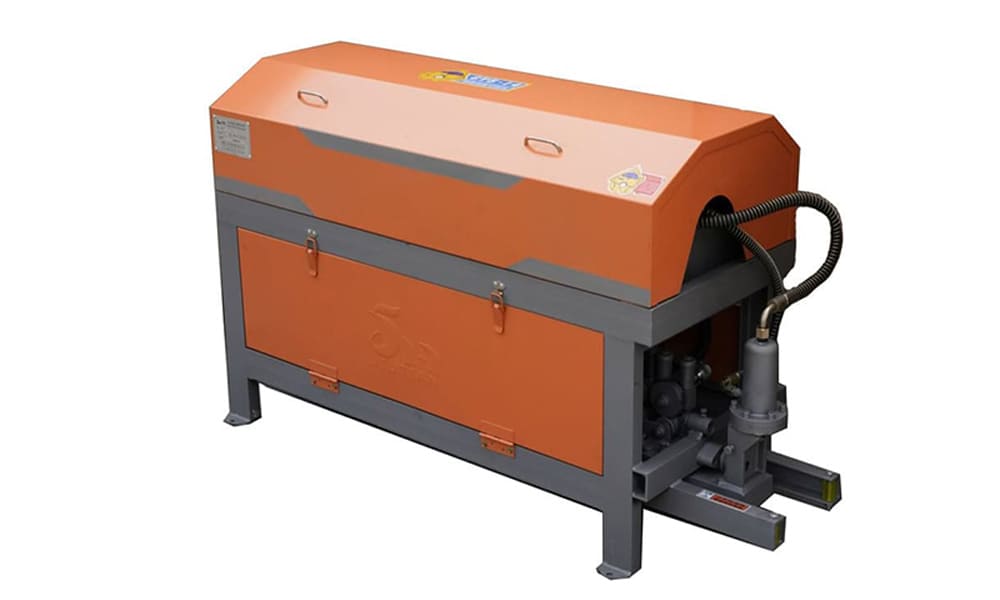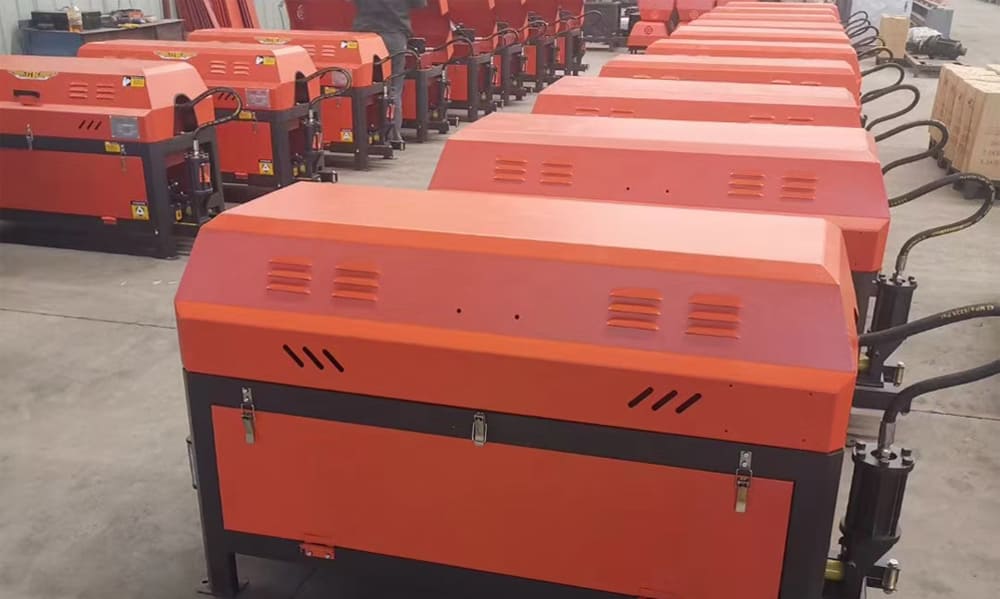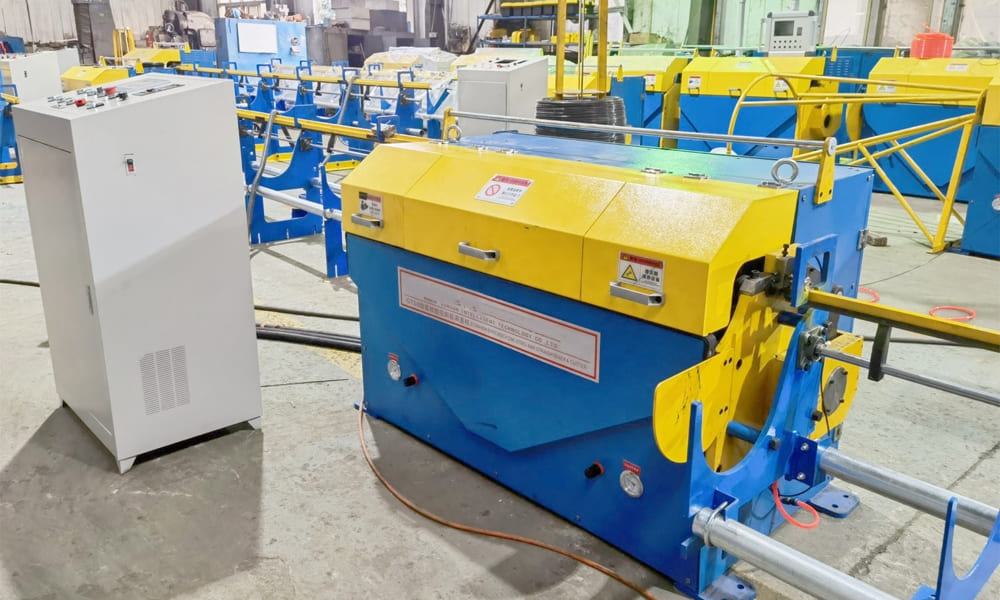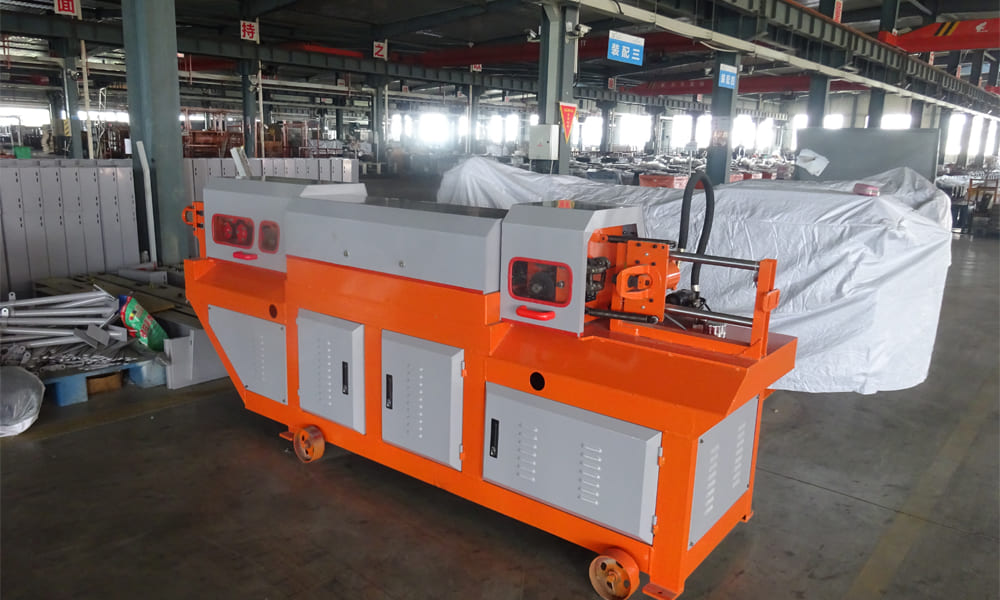Machines for Processing Scrap Steel Rebars
Scrap Steel Bar processing involves cutting, crushing, sorting, and baling to facilitate recycling or reuse. Below are key machines categorized by function:
1. Cutting Machines
-
Hydraulic Rebar Shear
-
Cuts long rebars into short segments (e.g., 30–100mm) using hydraulic pressure.
-
Types: Manual, electric, or fully automated.
-
Applications: Scrap yards, construction sites.
-
-
Metal Circular Saw
-
High-precision cutting with rotating blades for clean edges.
-
Ideal for processing high-value scrap.
-
2. Crushing & Sorting Systems
-
Metal Shredder/Crusher
-
Breaks down rebars into small pieces (e.g., <50mm) for melting.
-
Often integrated with:
-
Magnetic Separator: Removes ferrous metals.
-
Eddy Current Separator: Recovers non-ferrous metals (e.g., copper from insulated rebars).
-
-
-
Jaw/Hammer Crusher
-
Primary crushing for bulky scrap or mixed metals.
-
3. Baling & Compacting Equipment
-
Scrap Metal Baler
-
Compresses loose rebars into dense bales (e.g., 30×30×30cm) for efficient transport.
-
Pressure: 50–1000+ tons.
-
-
Rebar Baling Press
-
Specialized for short rebar fragments or offcuts.
-
4. Scrap Steel Bar Straightening Machines
-
Rebar Straightener
-
Straightens bent rebars for reuse in construction (e.g., as stirrups).
-
May include integrated cutting and de-rusting functions.
-
5. Auxiliary Equipment
-
Rust Removal Systems
-
Methods: Sandblasting, wire brushing, or chemical treatment.
-
-
Conveyors & Elevators
-
Automates material flow between processing stages.
-
Selection Guide
-
Scale:
-
Small-scale: Shear + baler.
-
Industrial: Full shredding-sorting line.
-
-
Output Requirements:
-
For scrap trading: Cutting/baling suffices.
-
For steel mills: Shred to <50mm + remove impurities.
-
-
Automation:
-
Turnkey systems (e.g., “scrap rebar recycling plant”) save labor but require higher investment.
-
Safety Notes
-
Operators must wear PPE (gloves, goggles, etc.).
-
Regular maintenance of blades/hydraulics is critical to prevent accidents.
For specific models or brands (e.g., Lefort, Sierra, Metso), provide details like daily capacity or budget.
